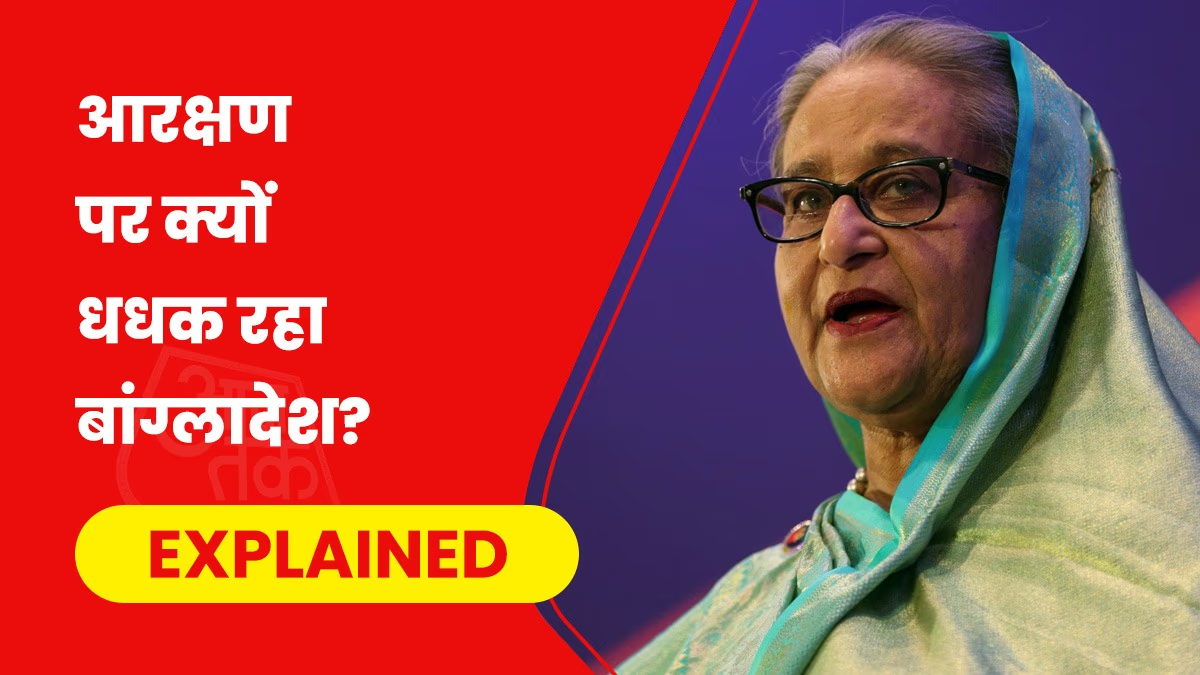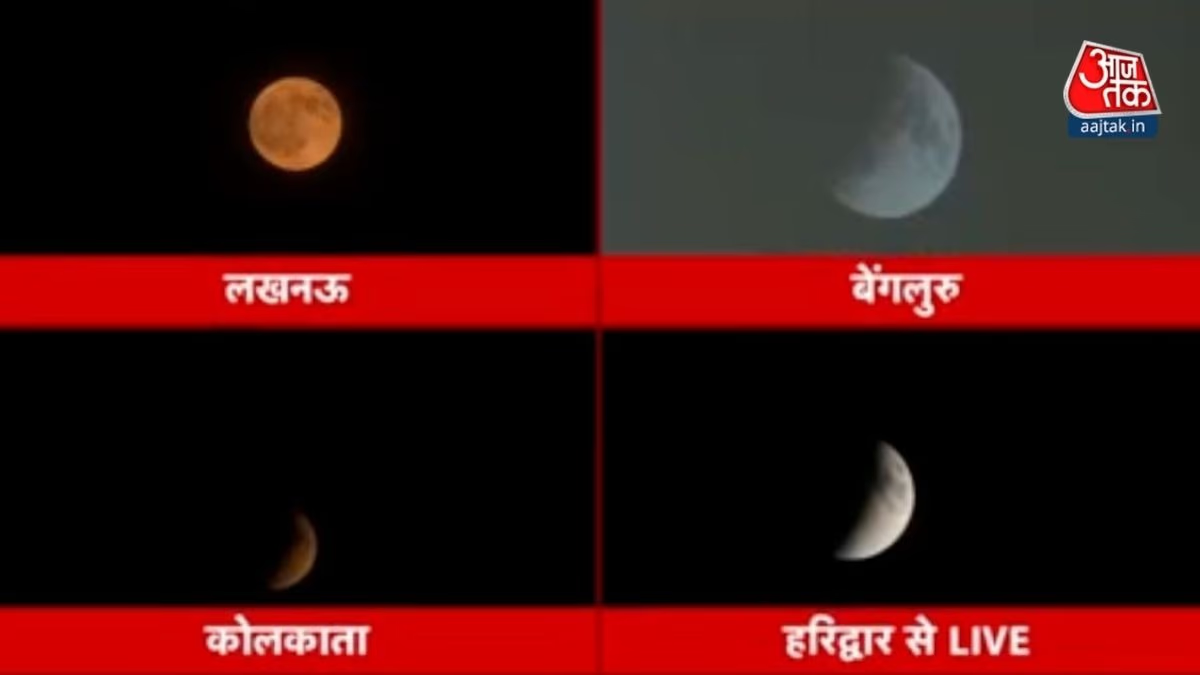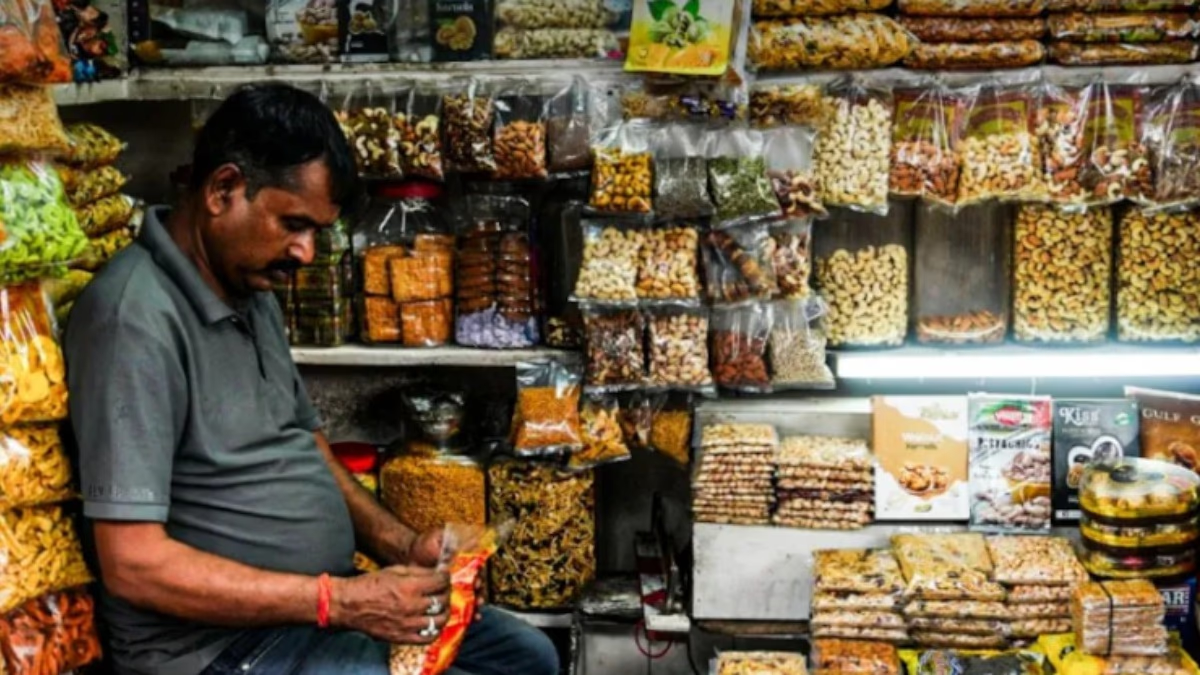Government job reservation reforms in Bangladesh have sparked ongoing protests. Recently, thousands of students in Dhaka called for employment based on merit, prompting the Supreme Court to issue a temporary month-long freeze on job reservations.
Quota System Since Independence
Reservations have long been contentious, not just domestically but in neighboring nations as well. Bangladesh is a prime example. Here, a third of the government job positions are reserved for descendants of the 1971 freedom fighters. Following the separation from Pakistan, forming a nation for Bengali-speaking Muslims, multiple changes were made to the old quota system.
30% Quota for Families of the Independence Heroes
The most significant reservation was in civil service positions. In 1972, right after becoming a sovereign state, the Bangladeshi government reserved 30% of civil service jobs for freedom fighters' families. 10% were for women affected by the liberation war, and 40% for various districts. The remaining 20% was open for merit-based applicants.
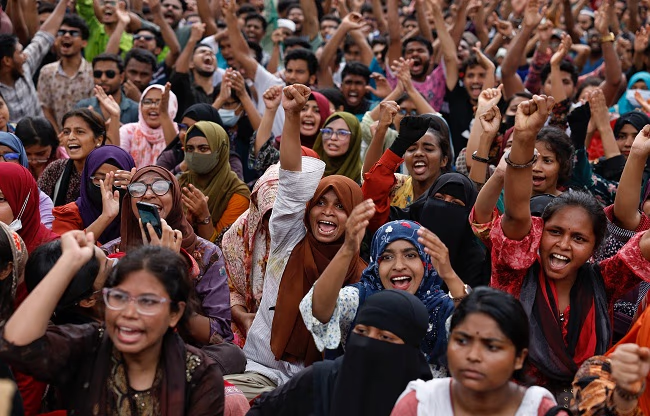
Source: aajtak
Variations in Reservation Ratios Over the Years
As years passed, the reservation system saw whittling changes. The women’s quota was expanded to include all women, reducing district reservations to 10% while maintaining 30% for freedom fighters' descendants, newly making 45% of positions merit-based.
Minimal Openings for Merit Applicants
In 2012, 1% was allocated for the disabled, meaning 56% of high-ranking jobs were reserved, leaving only 44% for merit-based candidates. This situation would soon shift again.
Accusations of Favoritism Against Sheikh Hasina
Public dissatisfaction was simmering. Accusations of favoritism plagued Sheikh Hasina, daughter of Bangladeshi founding leader Sheikh Mujibur Rahman. Speculations rose that she intentionally maintained the 30% reservations for the offspring of those involved in the independence movement.
Necessity to End Reservations
The protests turned aggressive, escalating to the hacking of government websites and displaying banners demanding an end to reservations. Consequently, in 2018, Sheikh Hasina’s government made the significant decision to abolish job reservations.
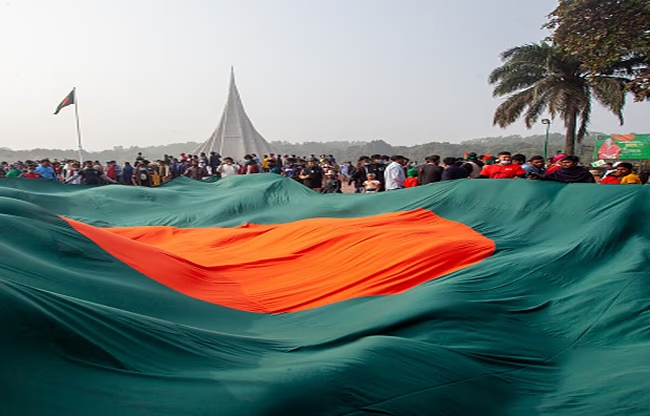
Source: aajtak
The Court Reverses Decision This June
For six years, there were no job reservations. Meanwhile, families of the freedom fighters contested the government's decision in court. This June, the court recognized the cancellation of reservations as erroneous and called for its reinstatement. As soon as the verdict was announced, protests erupted once more.
For now, the Supreme Court has placed the reservation system on hold for a month, during which hearings and a ruling will take place.
Current Distribution of Job Reservations
Freedom fighters’ children receive 30%, women 10%, various districts 10%, and ethnic minorities, comprising groups like the Santhal, Pahari, Tripuri, Chakma, and Khasi, have a 6% quota. Hindus, an ethnic minority in Bangladesh, do not have a specific reservation despite often facing violence and discrimination. The Hasina government, citing good relations with India, speaks of ensuring equality for Hindu citizens.
